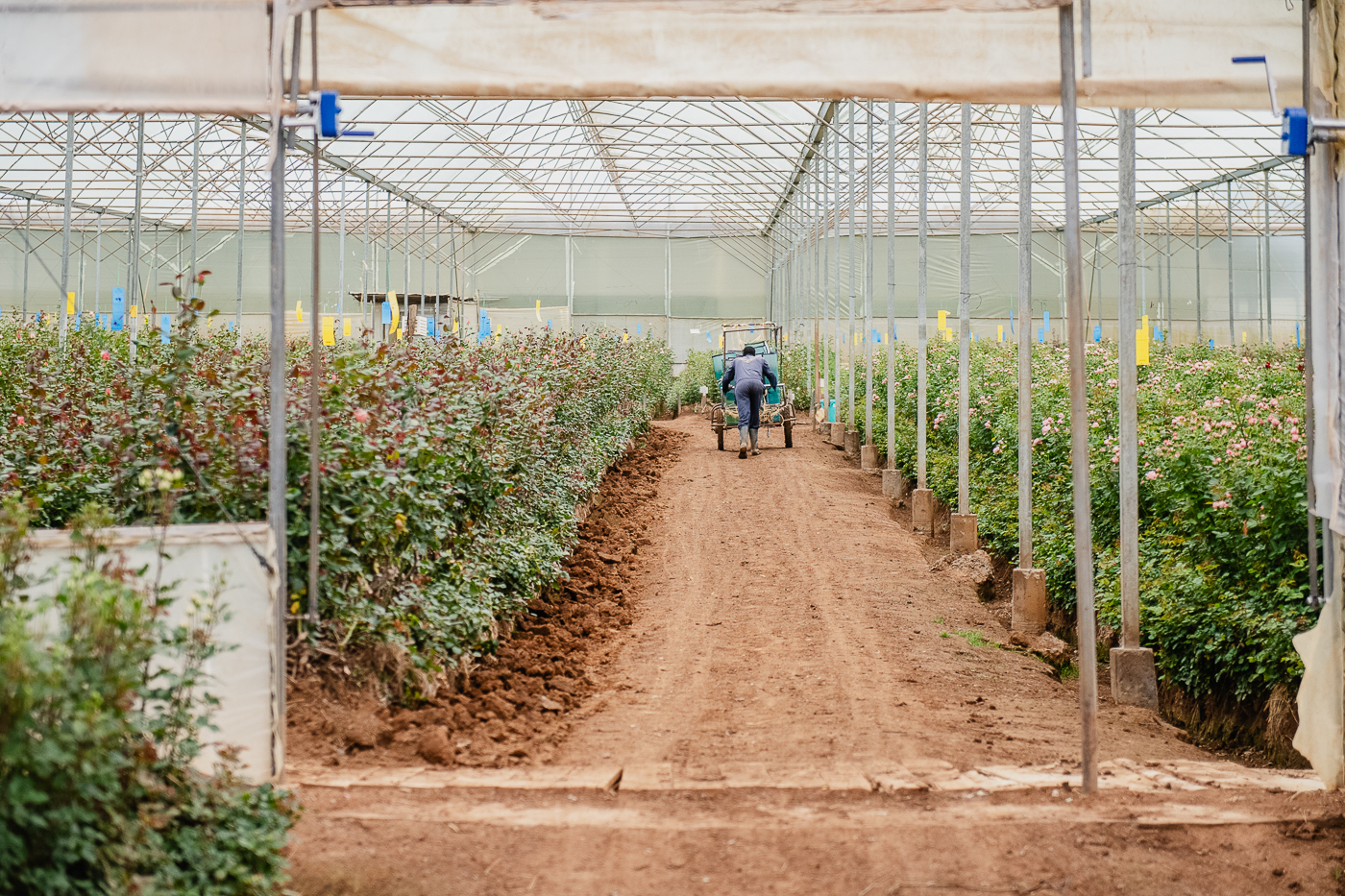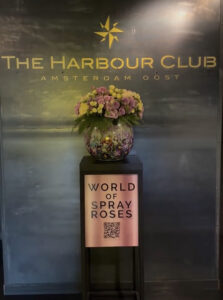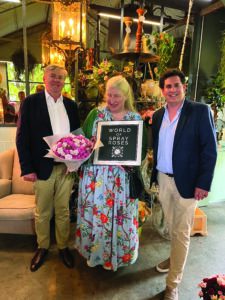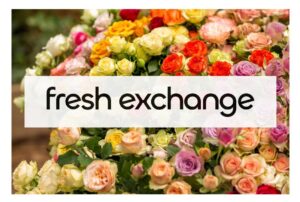In recent years, movements like Grown Not Flown have encouraged consumers to buy locally grown flowers to reduce environmental impact and support local farmers. While the idea of reducing air miles is well-meaning, the conversation around sustainable floriculture isn’t complete without recognizing the incredible social, environmental, and economic value of rose farming in developing countries.
More Than Just Beautiful Blooms
Growing roses in countries such as Kenya, Ethiopia, Colombia, and Ecuador go far beyond international trade. For many rural communities, floriculture is one of the few sectors offering stable, fairly paid employment.
These jobs often come with access to:
- Healthcare services
- Education for workers’ children
- Skills training and career advancement
- Financial independence for women and youth
Every rose you buy from these farms supports real progress and sustainable growth in communities that need it most
A More Nuanced Look at “Grown Not Flown”
The Grown Not Flown message urges us to consider the carbon emissions from air freight. But emissions from transportation are only one piece of the sustainability puzzle.
Studies, including one from Cranfield University, have shown that roses grown in naturally sunny climates like Kenya and flown to Europe can have a smaller carbon footprint than locally grown flowers cultivated in heated greenhouses. Sunshine and altitude provide a natural advantage, eliminating the need for energy-intensive climate control.
In this context, “locally grown” does not always mean greener—and “flown” doesn’t always mean unsustainable.
The Power of Certified Farming
To help consumers make informed choices, many farms in developing countries undergo rigorous certification processes to demonstrate their commitment to ethical and sustainable practices. Here’s a breakdown of some of the accreditations to look for when purchasing roses:
Fairtrade
Why it matters: Guarantees fair wages, decent working conditions, and community investment programs.
Look for: The Fairtrade mark on packaging or tags.
Website: www.fairtrade.net
Rainforest Alliance Certified
Why it matters: Protects ecosystems and ensures the fair treatment of workers.
Look for: The green frog seal.
Website: www.rainforest-alliance.org
GlobalG.A.P.
Why it matters: Ensures good agricultural practices across environmental safety, hygiene, and traceability.
Look for: Certification in product sourcing info.
Website: www.globalgap.org
MPS-ABC
Why it matters: Tracks and minimizes use of water, energy, and chemicals. Farms are rated (A, B, or C) for sustainability.
Look for: MPS-A for the highest environmental performance.
Website: www.my-mps.com
Kenya Flower Council (KFC) Silver/Gold Standard
Why it matters: Covers everything from labour rights to pesticide use and biodiversity protection in Kenyan floriculture.
Look for: KFC Gold or Silver stamps on Kenyan flowers.
Website: www.kenyaflowercouncil.org
FLP (Flower Label Program)
Why it matters: Focuses on human rights, environmental responsibility, and corporate transparency.
Look for: The FLP logo.
Website: www.fairflowers.de
B Corp Certification
Why it matters: B Corps meet the highest verified standards of social and environmental performance, transparency, and accountability.
Look for: The B Corp logo.
Website: www.bcorporation.net
Carbon Neutral / Climate Neutral
Why it matters: Farms or supply chains that achieve carbon neutrality calculate, reduce, and offset their greenhouse gas emissions.
Look for: “Carbon Neutral” or “Climate Neutral” certification on company sites or product info.
Websites: www.climateneutral.org, www.carbontrust.com
Business Alliance for Secure Commerce (BASC)
Why it matters: Promotes safe, secure trade through cooperation with governments, customs, and international organizations—ensuring supply chains are protected from smuggling, terrorism, and corruption.
Look for: The BASC “Safe” certification.
Website: www.wbasco.org
Florverde Sustainable Flowers
Why it matters: Confirms adherence to rigorous environmental and social standards, including traceability, employment protections, and responsible chemical use. Works closely with GlobalG.A.P. for unified sustainability standards.
Look for: The Florverde logo on certified roses.
Website: www.florverde.org
A Global Flower with Local Impact
At World of Sprayroses, we believe roses should be a source of joy, justice, and regeneration. The goal isn’t just to reduce flight miles—it’s to ensure that every rose is grown ethically, sustainably, and with care for both the environment and the people behind it.
So, the next time you buy flowers, don’t just ask “where was it grown?” — ask “how was it grown?”




